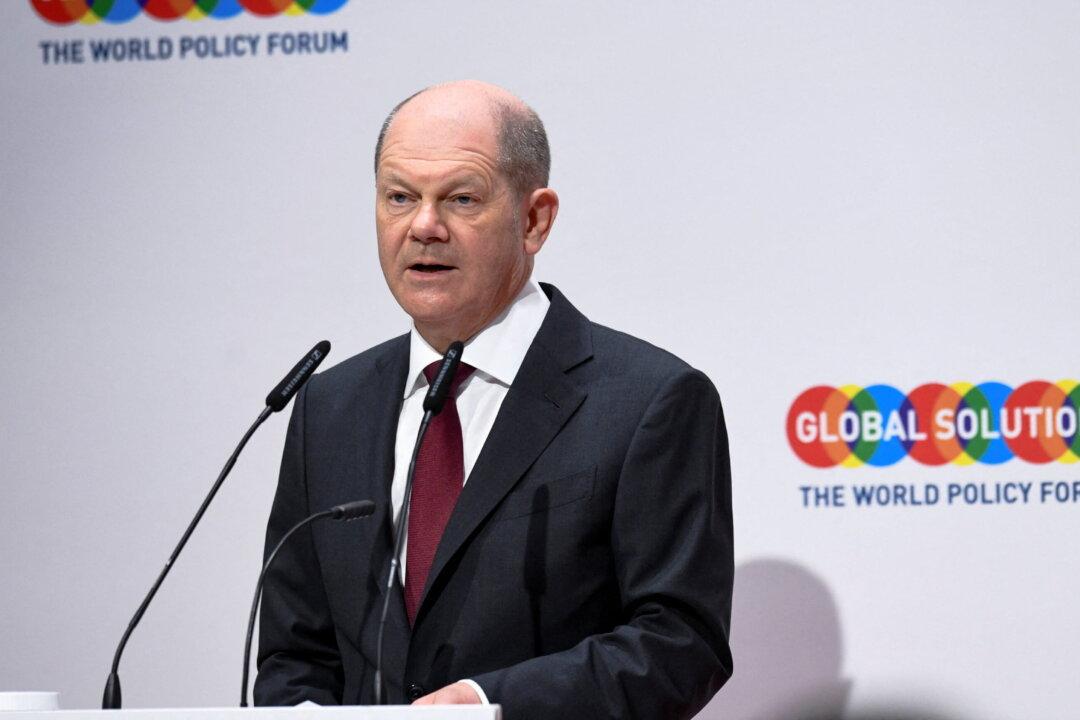News Analysis
German Chancellor Olaf Scholz has confirmed that he will lead a German business delegation to visit China in early November. The visit comes after EU leaders shared their concerns about Europe’s economic dependence on China under the leadership of the Chinese Communist regime. However, Scholz stated repeatedly that Germany must continue trade with China.





